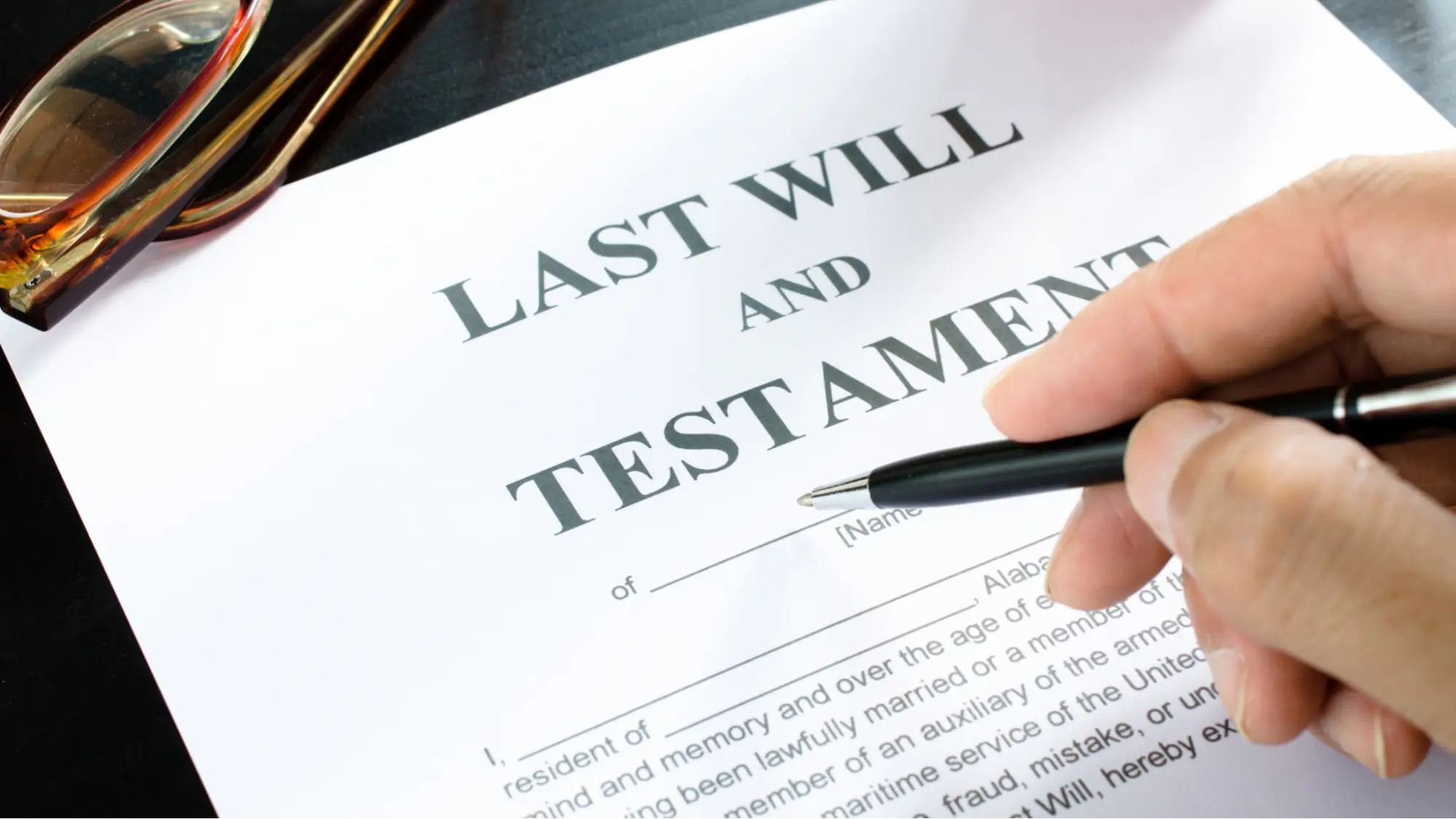Many people assume that if they pass away without a will, their property will automatically go to the “right” people. Unfortunately, this isn’t always the case. When someone dies without a valid will in place, they are said to have died intestate, and that means the distribution of their assets is governed by state law, not personal wishes.
In Nevada, this process is known as intestate succession, and understanding how it works is crucial for anyone concerned about what happens to their estate.
What Is Intestate Succession?
Intestate succession refers to the legal process through which a deceased person’s assets are distributed when there is no will. Each state has its own laws that determine who inherits and in what proportion. These laws do not consider personal relationships, promises, or individual circumstances, only legal familial ties.
How Nevada Intestate Succession Works
Under Nevada intestate succession laws, the distribution of assets depends on the deceased’s surviving relatives. Here’s a general overview of how property is divided:
If You’re Married (With or Without Children)
- Community Property: In Nevada, a community property state, most assets acquired during the marriage are considered jointly owned. If you die intestate, your surviving spouse typically receives 100% of the community property.
- Separate Property: Separate property (acquired before the marriage or by gift/inheritance) is divided based on your surviving relatives:
- If you have children, your spouse receives one-third of the separate property, and your children split the remaining two-thirds.
- If you have no children but surviving parents or siblings, your spouse gets one-half, and the remainder goes to your parents or siblings.
If You’re Unmarried
If you die without a spouse, the order of inheritance in Nevada is generally as follows:
- Children
- Parents
- Siblings
- Nieces and nephews
- Extended family
If none of these relatives can be found, your estate may escheat to the state, meaning the government takes ownership.
Why Dying Without a Will Can Be Risky
Intestate succession does not account for personal wishes, blended families, long-term partners, or friends. It may also complicate matters for minor children or special-needs dependents. Without a will:
- Assets may go to estranged or unintended family members.
- The court appoints a personal representative to manage your estate, which might not be the person you would choose.
- Disputes among heirs are more likely to arise, especially if the law splits property in unexpected ways.
How to Avoid Intestate Succession
The best way to ensure your assets are distributed according to your wishes is to create a legally valid will. An experienced estate planning attorney can help you:
- Clearly outline how you want your estate divided
- Name a trusted executor
- Designate guardians for minor children
Minimize probate and reduce family disputes
At DRS, we understand how complex and emotional estate planning can be. Our team is here to guide you through the process and help you protect your legacy.
